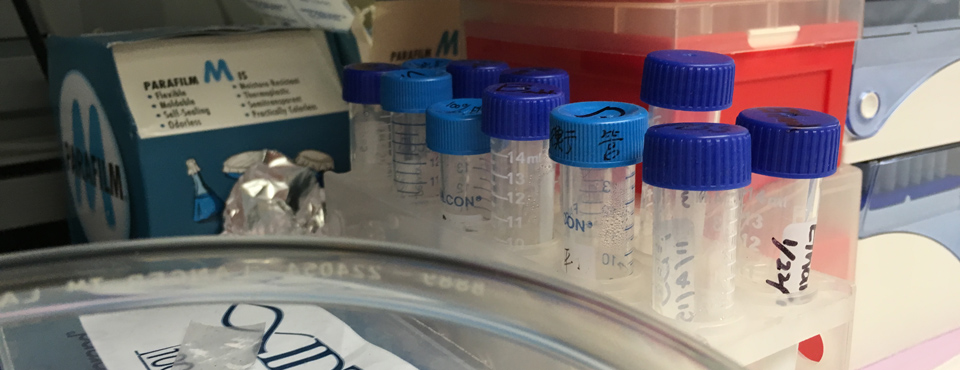How Diagnostic Testing Benefits Dogs and Cats
How Diagnostic Testing Benefits Dogs and Cats
Blog Article
Keeping your furry friends healthy helps them thrive. Veterinary testing facilities specialize in pet health testing for household pets.
In this guide, we’ll break down how pet diagnostic centers work, their key services, and how these services benefit your pets.
What Are Animal Diagnostic Labs?
Veterinary labs specialize in analyzing health conditions in pets. Veterinarians rely on them to monitor health conditions.

The process generally features:
- Animal sample gathering: Blood, urine, feces, or tissue samples are retrieved during vet visits.
- Laboratory analysis: Skilled technicians run tests on the materials.
- Understanding the data: The lab sends back results to the veterinarian for further action.
Common Veterinary Tests for Pets
Pet labs run multiple health assessments to ensure pets stay healthy. Some of the most common tests include:
- Blood tests: Evaluate overall health.
- Kidney function tests: Spot bladder issues.
- Parasite screenings: Detect intestinal parasites.
- Allergen identification: Diagnose food allergies.
- Diagnostic imaging: Identify hidden injuries.
Why Regular Testing is Important for Your Pets
Routine diagnostic testing supports preventing serious illnesses. Early detection reduces treatment costs.

The main advantages include:
- Effective treatment plans: Accurate diagnoses for your pet’s needs.
- Peace of mind for pet owners: Catch issues before they worsen.
- Preventing costly emergencies: Save money by staying ahead of problems.
laboratorio de analises clinicas veterinarias
laboratorio veterinario indianopolis
Conclusion: Prioritizing Pet Health with Veterinary Labs
Scheduling routine tests for your pets supports their overall wellness. Veterinary labs help identify issues early to keep your pets in top condition.
Schedule a diagnostic test today to protect their health!
Report this page